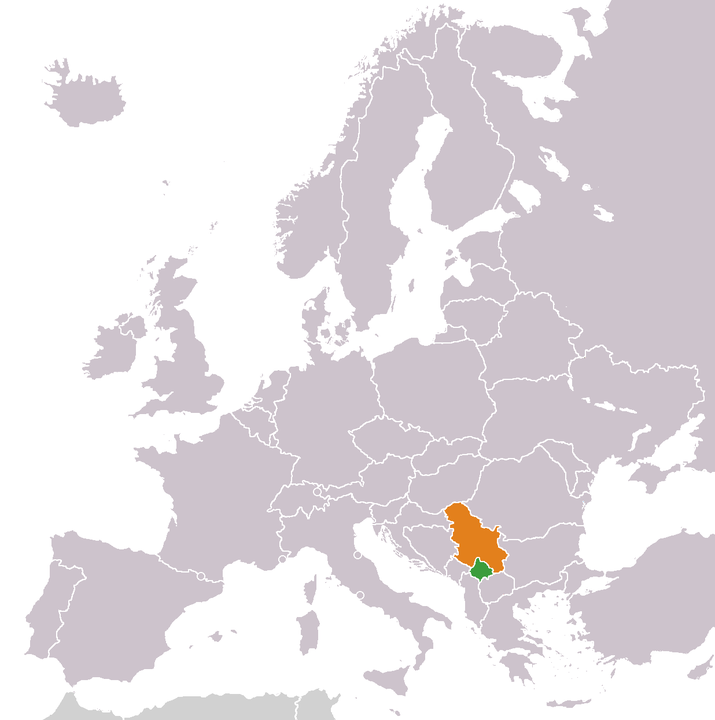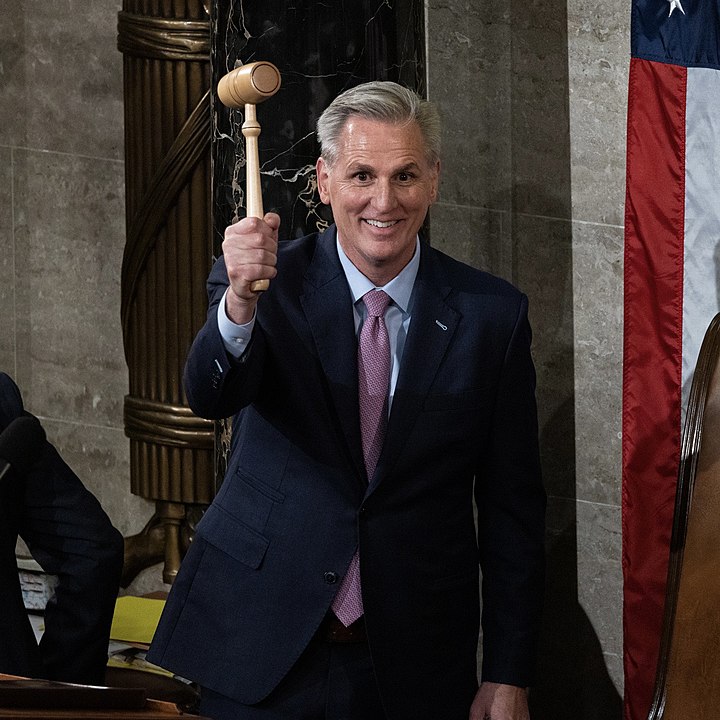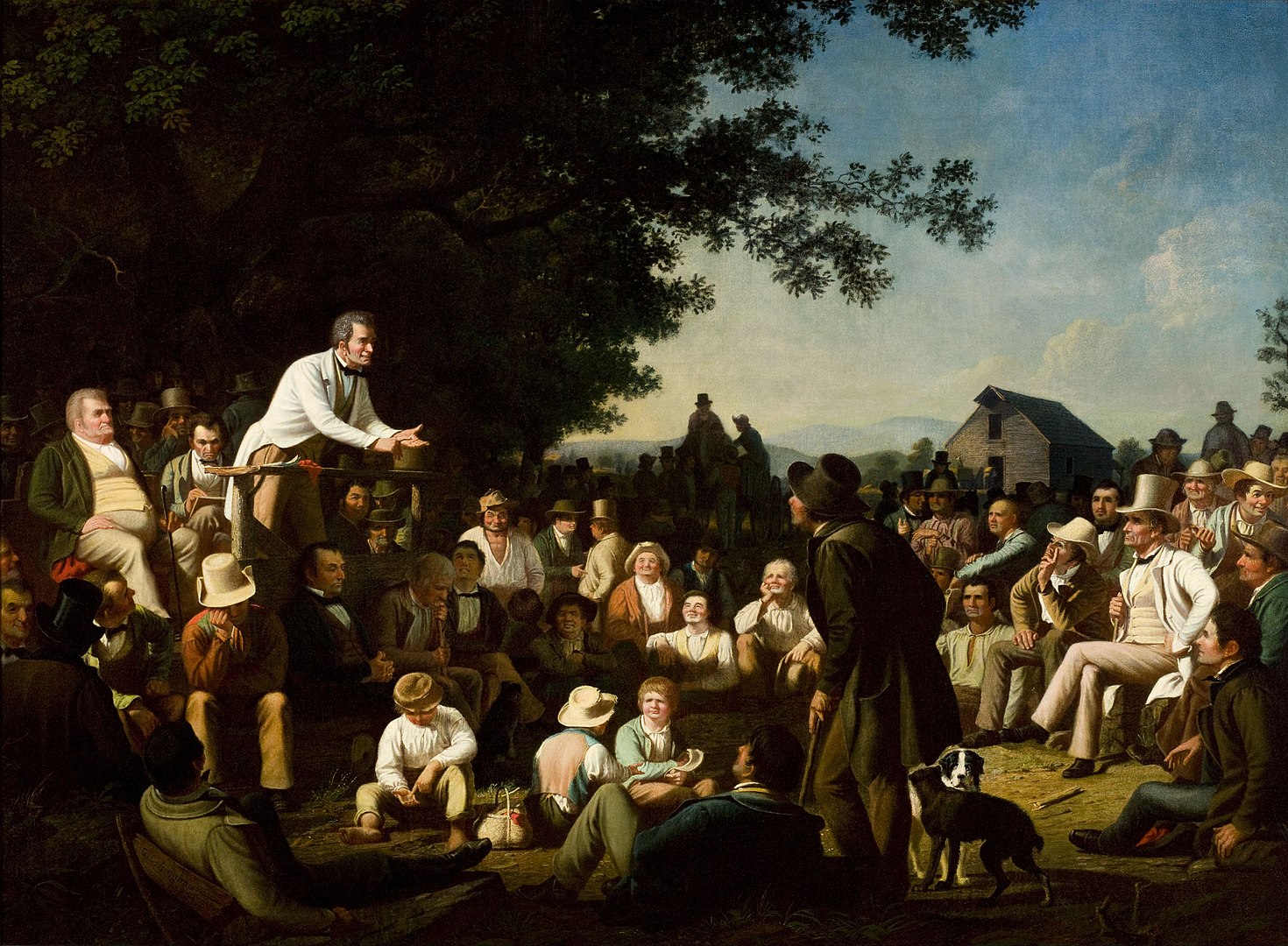
A Jolly Christmas or “Bah Humbug”?
Starting around the middle of 2022, I noticed an uptick in articles considering whether the Christmas 2022 retail season would bounce back to pre-COVID levels or above. Second, to COVID concerns was the absolute explosion in adoption of online purchasing and deep global concerns about inflation. Chain Store Age, a professional magazine (print and online) whose audience is corporate decision-makers in the retail space, started off the conversation back in March, 2022, with an analysis of how shopping trends have changed. A survey of 20,000 consumers hosted by the shopping rewards app Shopkick in February 2022 revealed major shifts for in-store and online shopping behavior. 81% of consumers surveyed will wait to purchase until there is a sale or a coupon. 79% will purchase a second brand choice if their favorite brand is sold out.






